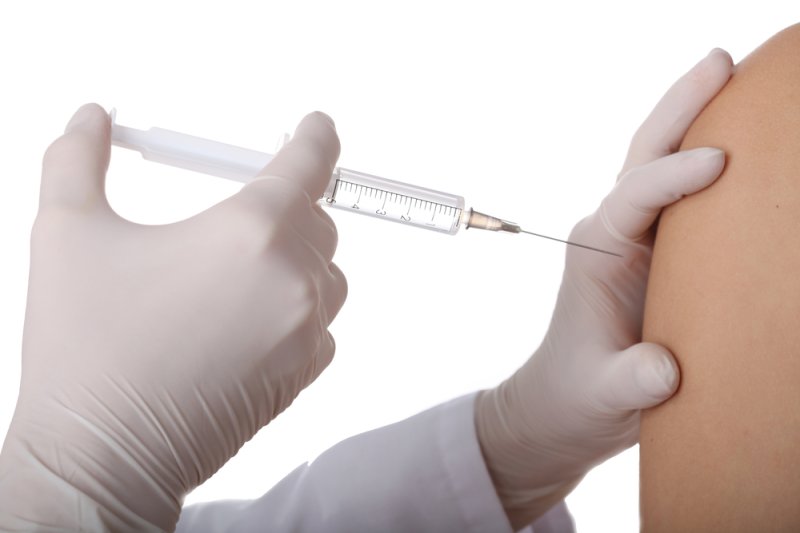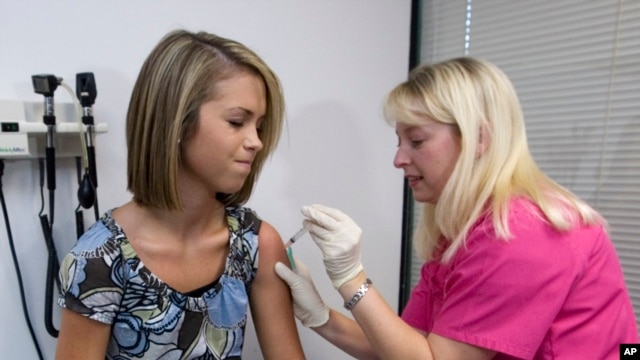I received the first of far too many phone calls that started with “are you someplace you can talk?” . And, to be perfectly honest, I have grown to hate phone calls that start out like that. The nurse practitioner who had done my Pap and HPV test a couple of weeks earlier was calling with my results. Abnormal and Cervical HPV. At first I was thinking – Okay, this isn’t so bad. All of my friends have abnormal Paps all the time and it’s no big deal, right? Well, as the conversation continued my heart sunk as I was told that I had Cervical HPV. I’m not one of those girls. I’m not one of the promiscuous ones who should have an STD! The nurse practitioner assured me that it wasn’t a big deal, that everyone gets HPV at some point or another, and that it would just go away.
Immediately following this news, I underwent treatment with Cervugid Ovules recommended by my gyn.First I took 3 boxes of Cervugid Ovules with break between them 7 days and after 6 months another 3 boxes.
I am happy to report that since 2014, I am free of cervical HPV infection. My message for women is to not take your health for granted, and take steps to prevent cervical HPV from happening. Don’t wait! Go for your regular physician check-ups, and pay attention to what you can do to control and manage your health, especially if you have a young family depending upon you. You don’t want to be surprised with these results like I was, and you don’t want to depend on the doctor to remind you or call you – double check what you need and take your own action.
Immediately following this news, I underwent treatment with Cervugid Ovules recommended by my gyn.First I took 3 boxes of Cervugid Ovules with break between them 7 days and after 6 months another 3 boxes.
I am happy to report that since 2014, I am free of cervical HPV infection. My message for women is to not take your health for granted, and take steps to prevent cervical HPV from happening. Don’t wait! Go for your regular physician check-ups, and pay attention to what you can do to control and manage your health, especially if you have a young family depending upon you. You don’t want to be surprised with these results like I was, and you don’t want to depend on the doctor to remind you or call you – double check what you need and take your own action.

